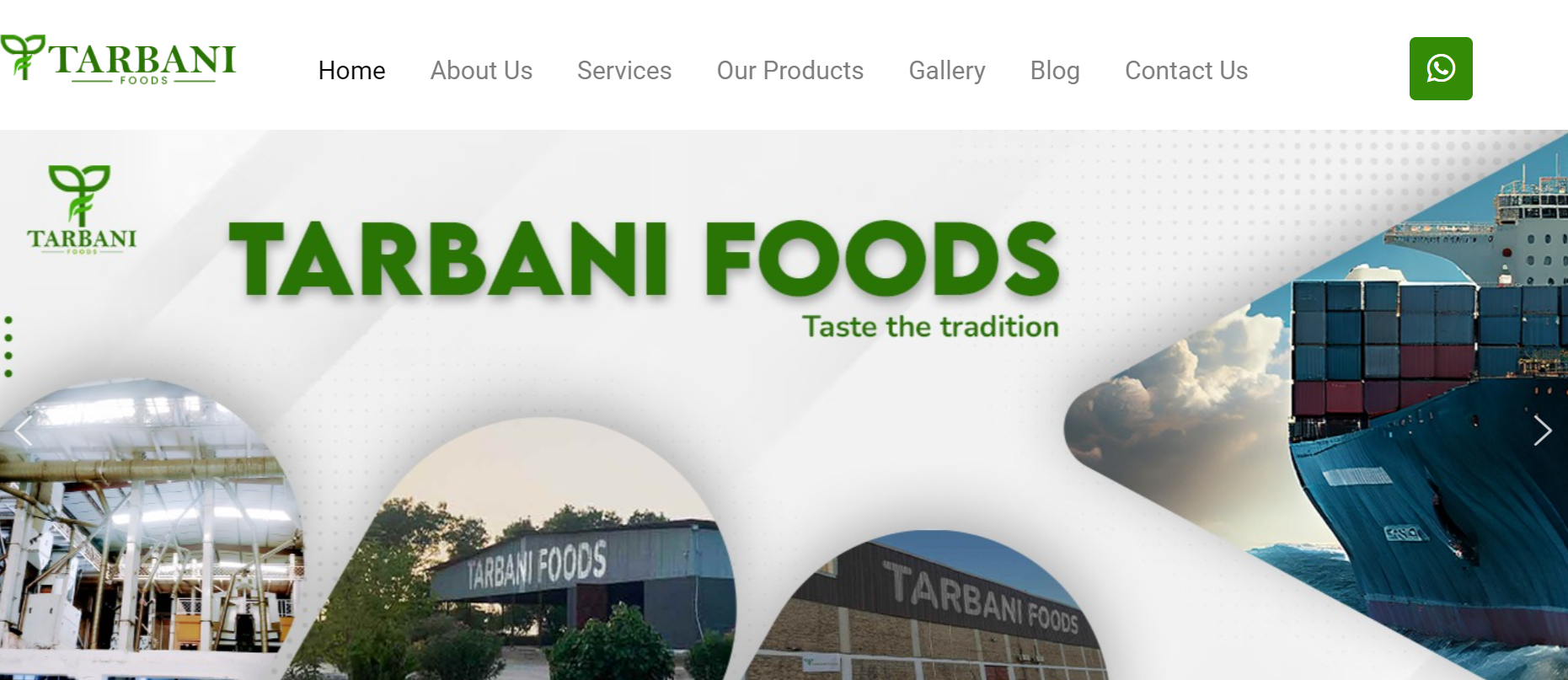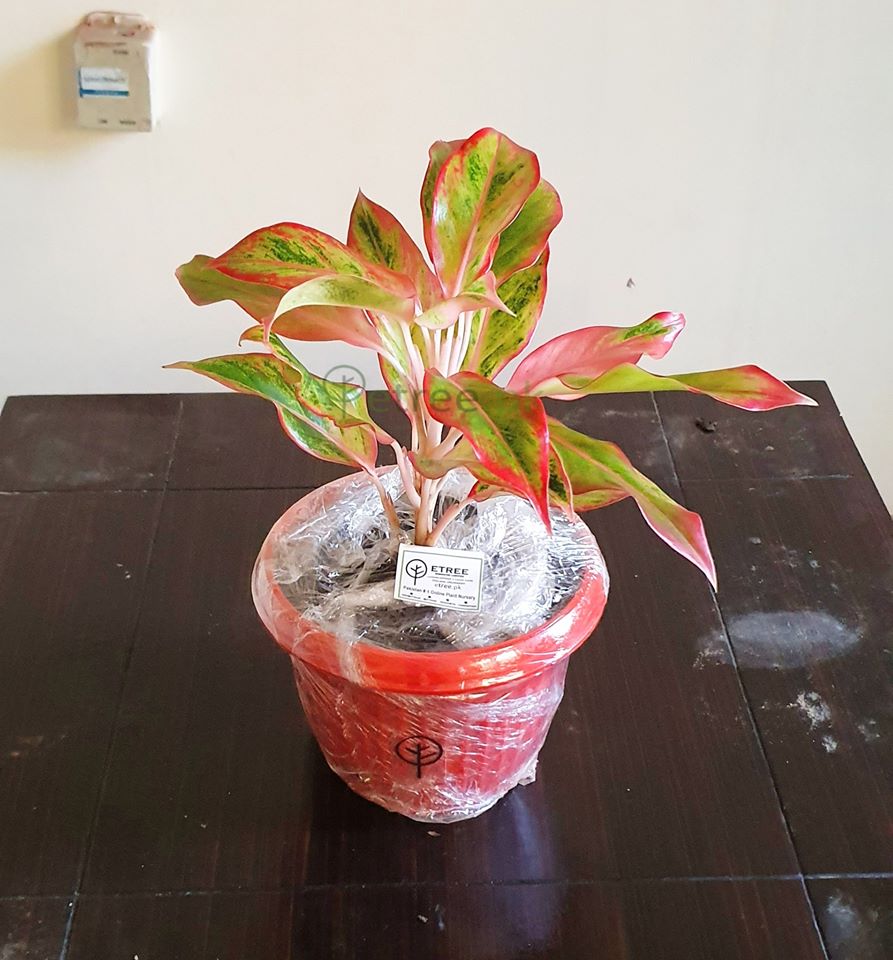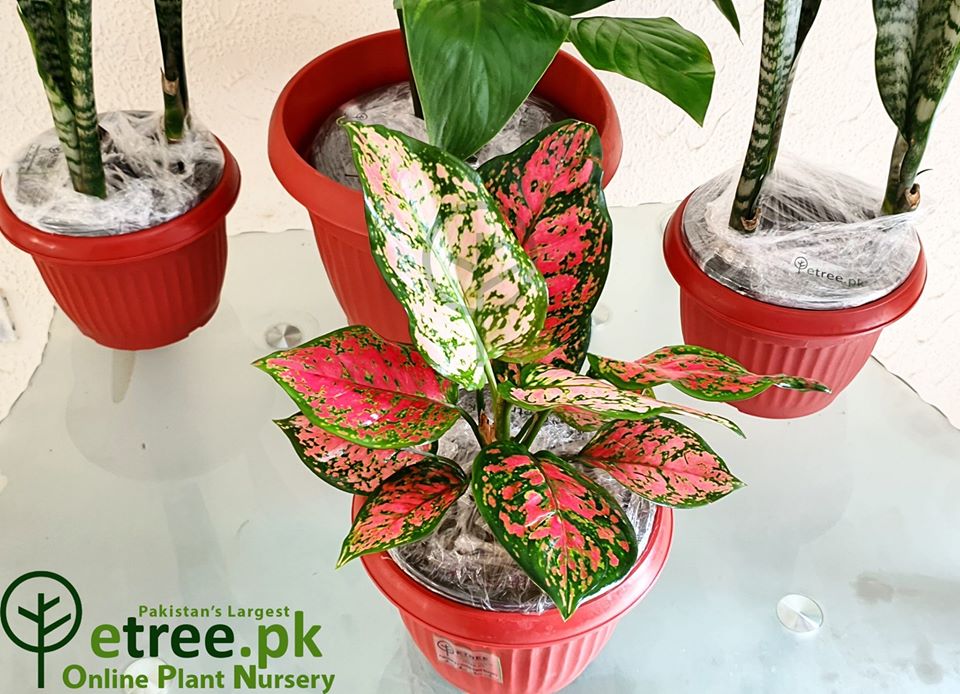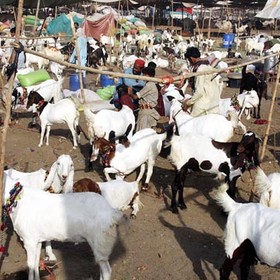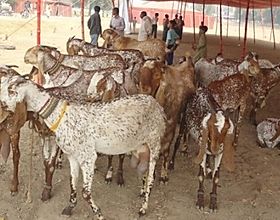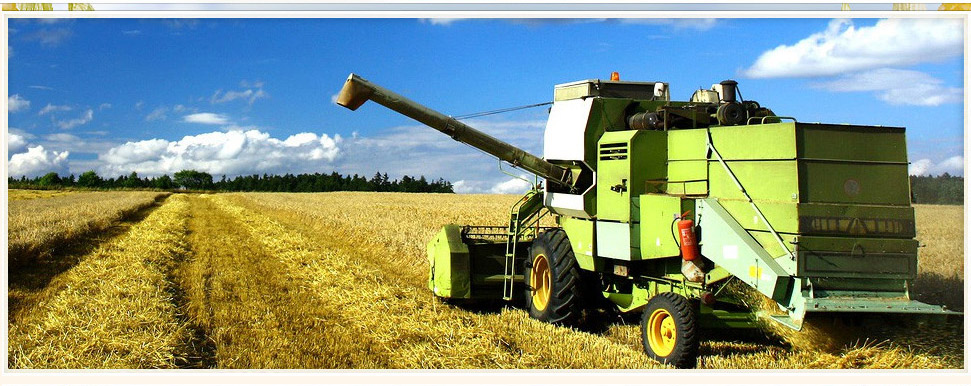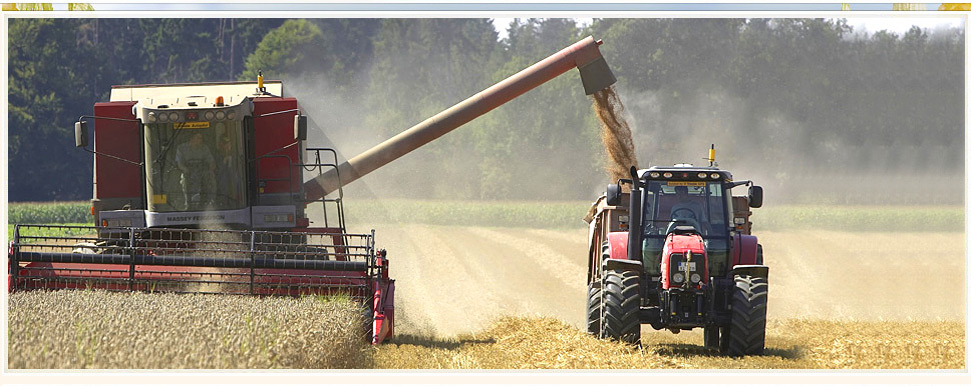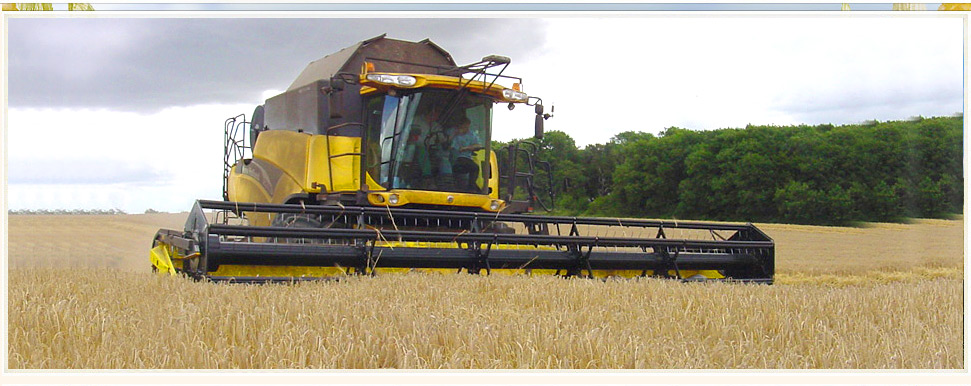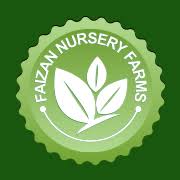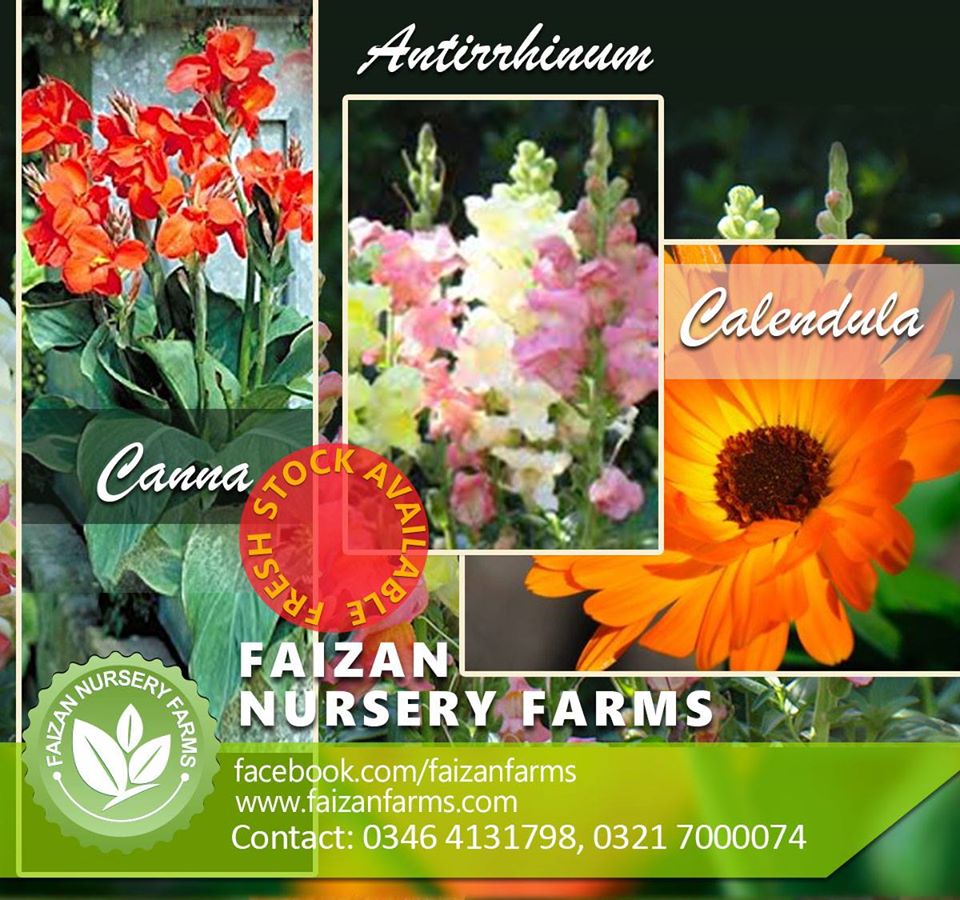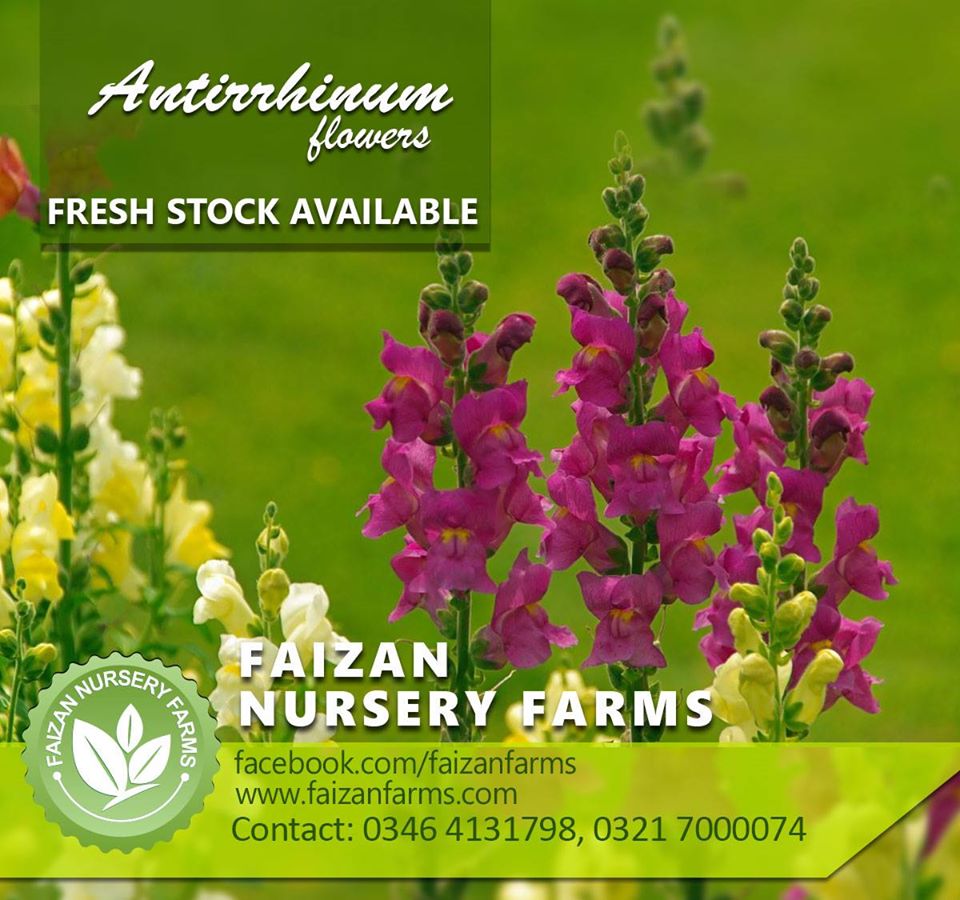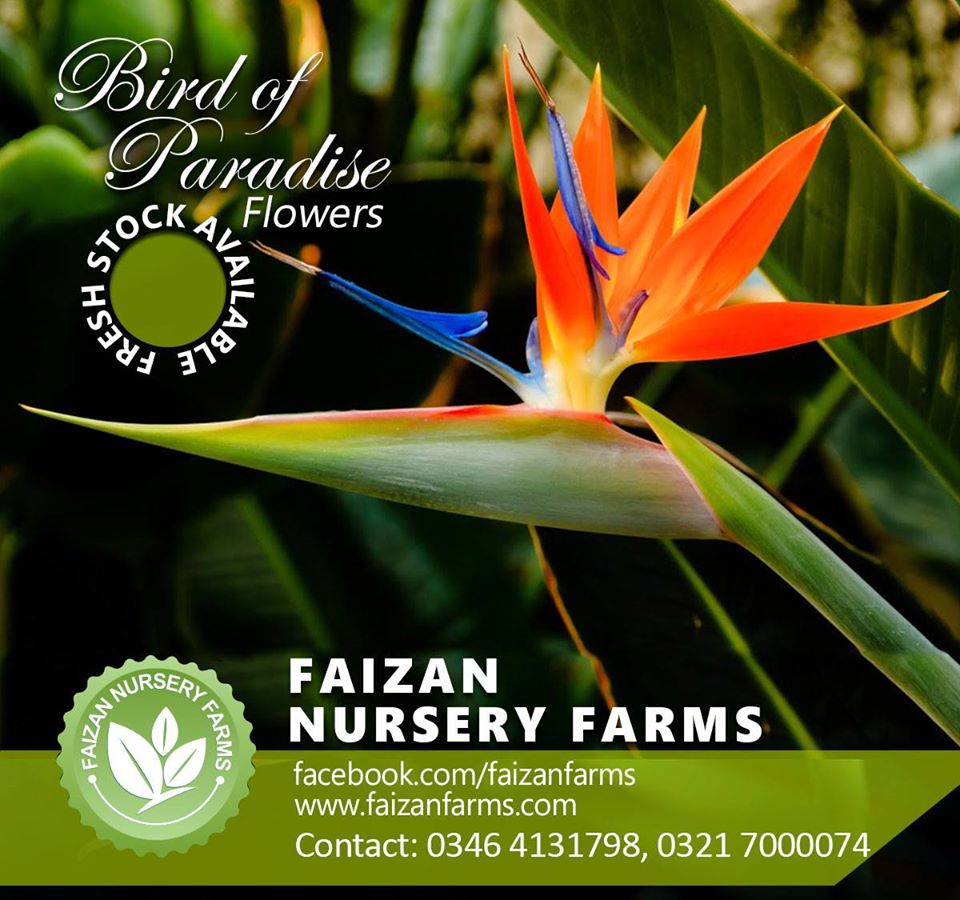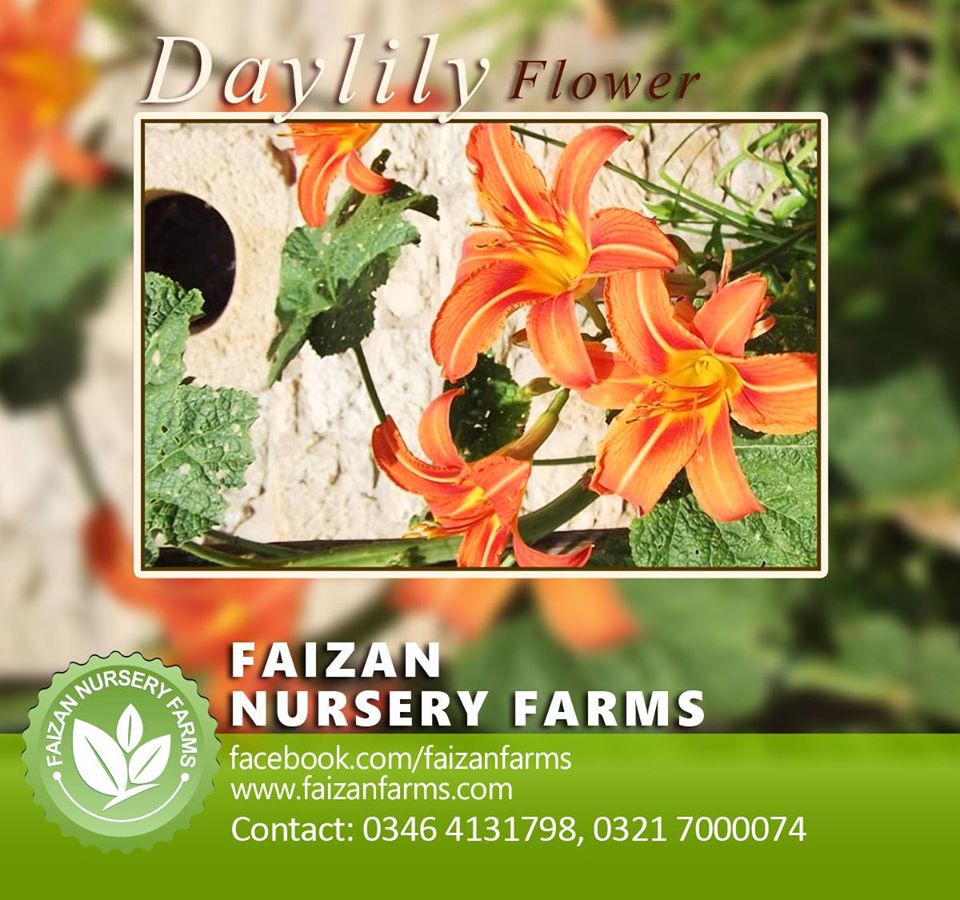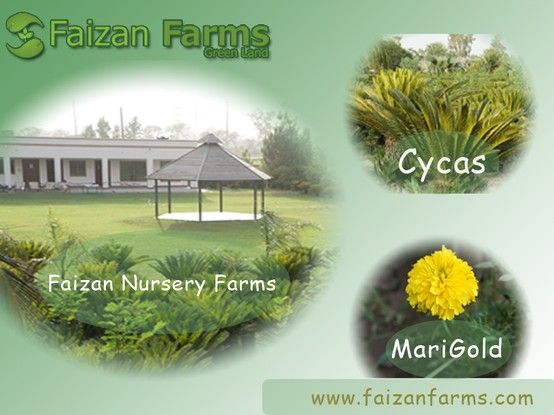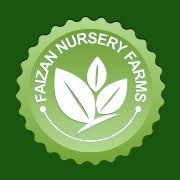Organic Farming in Pakistan – Sustainable Practices for a Healthier Planet
Organic farming in Pakistan encompasses a range of sustainable practices designed to promote a healthier environment, preserve soil quality, and produce high-quality, chemical-free products. From crop cultivation to livestock raising, organic farming employs eco-friendly techniques that support biodiversity, enhance soil health, and reduce the environmental impact of agriculture. Key practices include organic fertilizers and pesticides, agroforestry, aquaculture, organic livestock farming, and more. Embrace organic farming methods that contribute to a cleaner, greener future while ensuring your farm is economically viable and environmentally sustainable.
Why Choose Organic Farming in Pakistan?
- Sustainable Practices: Organic farming practices prioritize sustainability by avoiding synthetic chemicals, focusing on soil health, and promoting biodiversity through integrated pest management, crop rotation, and organic fertilizers.
- Higher Quality, Chemical-Free Products: Organic farming produces healthier food free from synthetic pesticides, hormones, and genetically modified organisms (GMOs), ensuring that your products are safe for both consumers and the environment.
- Environmental Benefits: Organic farming helps to reduce pollution, conserve water, improve soil fertility, and enhance natural ecosystems. It is designed to minimize the impact of agriculture on the planet while increasing biodiversity.
- Local Economic Growth: Organic farming supports local economies by offering opportunities for farmers to access niche markets and higher-value products that demand sustainability and eco-friendly practices.
Key Practices in Organic Farming in Pakistan:
- Agroforestry: Agroforestry integrates trees and shrubs with crops and livestock, creating diverse, multi-functional landscapes that conserve water, protect the soil, and increase biodiversity. This practice supports organic farming by providing natural pest control and fostering healthier ecosystems.
- Organic Livestock Farming: Organic livestock farming involves raising animals with natural feed, without the use of antibiotics, hormones, or genetically modified organisms. It promotes humane animal treatment and improves animal health, ensuring high-quality organic products like milk, eggs, and meat.
- Organic Aquaculture: Organic aquaculture practices focus on raising fish and other aquatic organisms in sustainable, eco-friendly environments. By using natural feed, reducing waste, and maintaining water quality, organic aquaculture helps preserve marine ecosystems and supports sustainable food production.
- Beekeeping: Organic beekeeping avoids the use of pesticides and chemicals, ensuring the production of organic honey and beeswax. By supporting natural foraging and pollination, organic beekeeping helps maintain biodiversity and improve crop yields through better pollination.
- Composting & Soil Health: Organic farming relies heavily on composting and other organic matter management practices to build soil fertility and structure. These practices reduce the need for chemical fertilizers and improve long-term soil health, ensuring sustainable crop production.
Benefits of Organic Farming in Pakistan:
- Enhanced Soil Fertility: Organic practices like crop rotation, cover cropping, and composting improve soil structure, boost organic matter content, and promote nutrient cycling. This leads to healthier, more fertile soil and more resilient crops.
- Increased Biodiversity: By avoiding synthetic chemicals and adopting diverse farming methods, organic farming fosters biodiversity, which in turn supports natural pest control, pollination, and overall ecosystem health.
- Higher Market Demand: Organic products are increasingly in demand, with consumers seeking healthier, chemical-free food options. Organic certification can open doors to premium markets, increasing profitability for farmers.
- Climate Change Resilience: Organic farming practices can improve the farm's resilience to climate change by enhancing soil water retention, reducing soil erosion, and promoting carbon sequestration in the soil.
Integrating Organic Farming Practices in Pakistan for a Sustainable Future
If you're looking to make the transition to organic farming or expand your organic practices, Pakistan offers numerous opportunities for sustainable agriculture. From growing organic crops to raising organic livestock and supporting beekeeping, organic farming is the future of agriculture. Embrace eco-friendly methods that not only provide high-quality, chemical-free products but also contribute to a healthier planet for future generations.




































 Post ad
Post ad 




